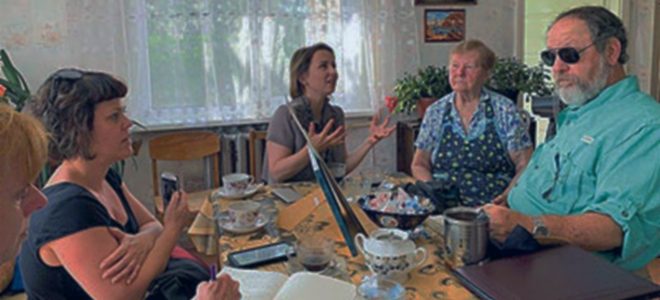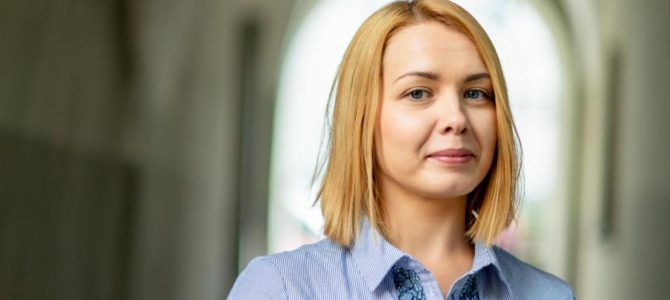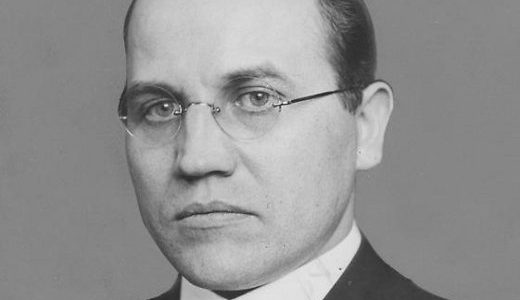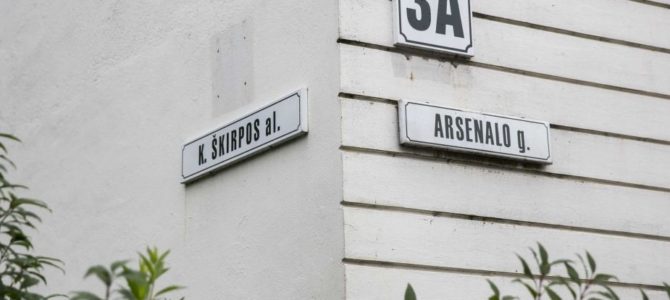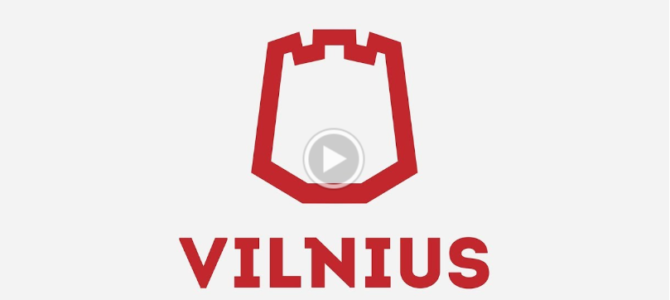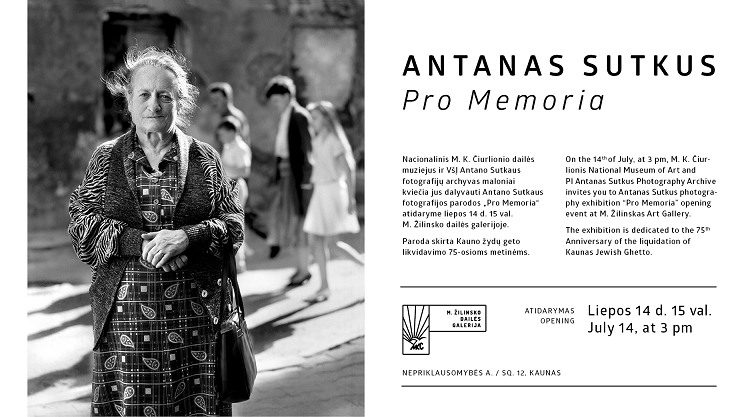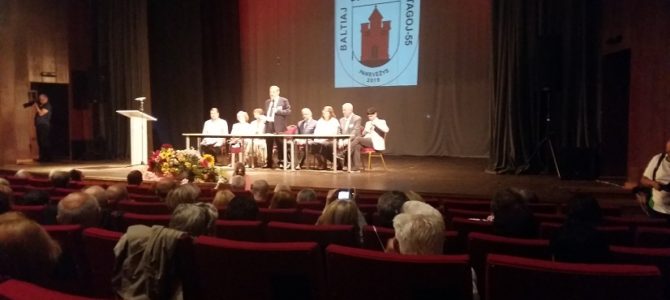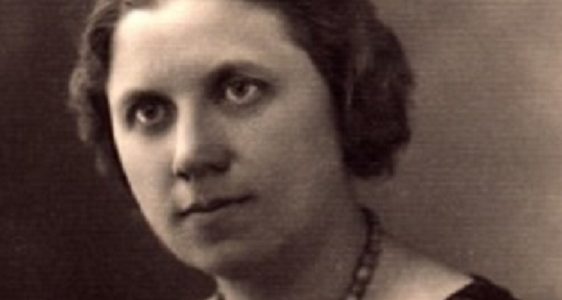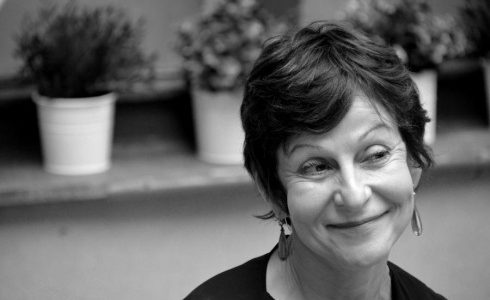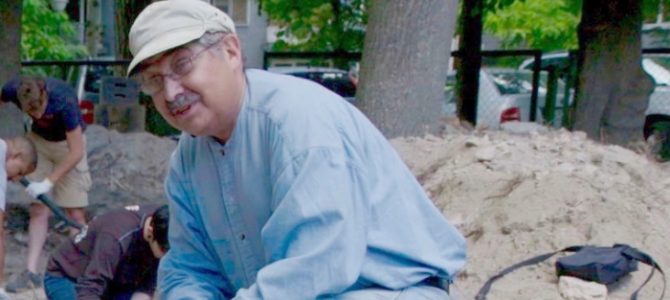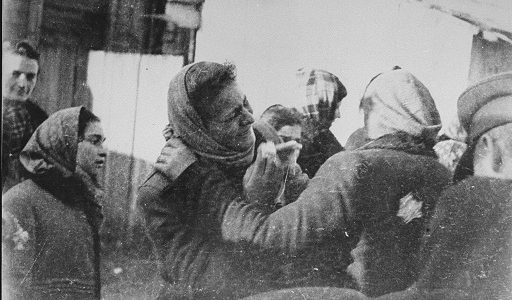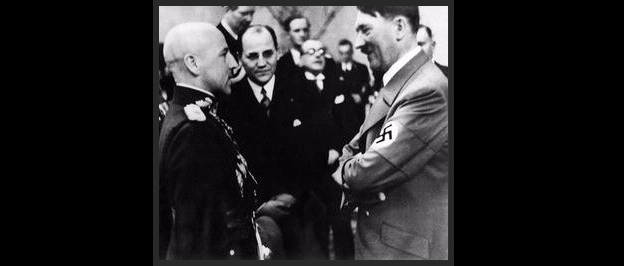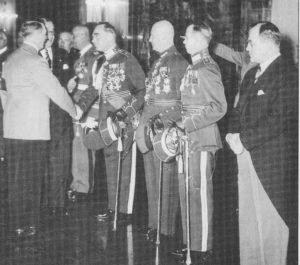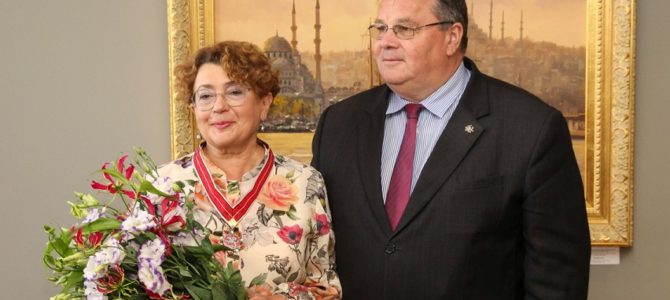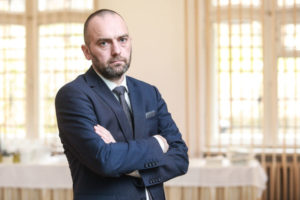Dr. Akvilė Naudžiūnienė. Photo: Evgenia Levin/Bernardinai.lt
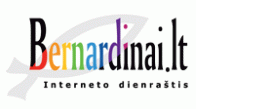
by Rosita Garškaitė
Bernardinai.lt
Historian Akvilė Naudžiūnienė who defended her dissertation “Ethnic Minorities in the Educational Narrative of Lithuanian History, 1918-2018” at Vilnius University last month says: “There is an attempt to integrate ethnic minorities in the teaching of history, but there is avoidance when they don’t fit the image of Lithuanian history being created.”
She interviewed teachers and found they tend to consider ethnic minorities a problem and a problematic issue, not a simple fact of life. This is especially true when it comes to the Polish and Russian communities. On the other hand, there are no problems regarding the Karaïtes and Tartars because they are exotic and teachers are able to talk about their ethnic foods. Jews are seen as a problem in the context of the Holocaust but become very interesting in discussions of cultural legacy and cooking.
How does the understanding of the ethnic minorities as a problem express itself?
Some teachers come out and say it is a problem and say it is difficult to teach the Holocaust and in Vilnius schools it’s hard to discuss Polish and Lithuanian relations in the interwar period. Teachers say disputes still arise between Lithuanian and Polish students. Of course this isn’t easy for teachers. Teachers also reported a negative reaction from students when they begin to talk about Russians in Lithuania. So the discussion is avoided, teachers close up and don’t want to do anything about it. This supports the idea there is an attempt to integrate ethnic minorities in the teaching of history when they are not perceived as problems and that there is avoidance of the topic when they are not in keeping with the vision of Lithuanian history being created.
You conducted 14 interviews with teachers. What else of significance emerged?
I observed efforts by separate teachers to, as it were, redeem the guilt of the Lithuanian people regarding the Holocaust. It was constantly noted in the interviews that there truly is discussion of Jews during lessons and the need to talk about the Holocaust. When this topic came up, the tone and even the manner of speech of the teachers changed. It seems to be this attitude is a learned response. I often felt some teachers were just saying what they thought they were supposed to say. The myth of multiculturalism is current in the schools, but almost none of the teachers were able to say how to apply this educational approach. The teachers didn’t get engaged is such things “from the top.” Although they frequently renew and enhance their own knowledge, it didn’t appear as if their understanding of how to teach has changed.
Full interview in Lithuanian here.



















